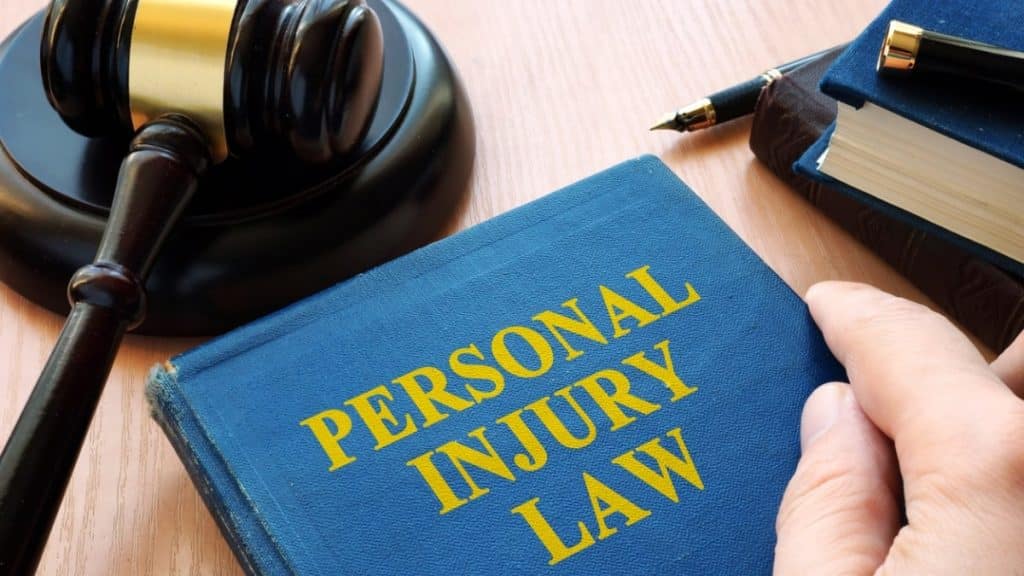Personal injury claims cover a wide range of events in which people seek payment for their injuries and losses, including car accidents, slip and falls, medical misconduct, and defective products. Understanding the principles of personal injury law is critical for both the wounded party and those seeking legal help.
In this review, Henderson personal injury lawyer shared the basic concepts and principles that govern personal injury law, including how these cases are handled and what rights and remedies are available to those impacted.
What is Personal Injury Law?
Personal injury law deals with situations where someone (the plaintiff) suffers a physical or emotional injury due to the carelessness or recklessness of another person or entity (the defendant). It aims to provide compensation to the injured party for their losses.
Critical Elements of a Personal Injury Case
To have a successful personal injury case, you typically need to prove the following:
- Duty: The defendant owed you a legal duty to act safely and reasonably.
- Breach of Duty: The defendant failed to fulfill that duty by acting negligently or carelessly.
- Causation: The defendant’s breach of duty directly caused your injury.
- Damages: You suffered actual damages, such as medical bills, lost wages, pain and suffering, or property damage.
Types of Damages in Personal Injury Cases
Personal injury cases can compensate for various damages, including:
- Medical expenses: Past, present, and future medical costs related to your injury.
- Lost wages: Compensation for income you couldn’t earn due to injury.
- Pain and suffering: Compensation for physical and emotional distress caused by the injury.
- Property damage: If your belongings were damaged in the incident.
When to Consider a Personal Injury Lawyer
While you can navigate a personal injury case yourself, consulting with a lawyer is often recommended, especially for complex situations. A lawyer can:
- Help assess the strength of your case.
- Gather evidence and build a case strategy.
- Deal with insurance companies on your behalf.
- Negotiate a settlement or represent you in court.
Finding the Right Personal Injury Lawyer
When looking for a personal injury lawyer, consider factors like experience, expertise in your specific type of case, fees, and communication style. Many lawyers offer free consultations to discuss your case and determine if they’re a good fit.
Conclusion
Personal injury law protects those injured due to another party’s negligence. While the legal process can be complex, understanding the basics can empower you to make informed decisions about seeking compensation.

